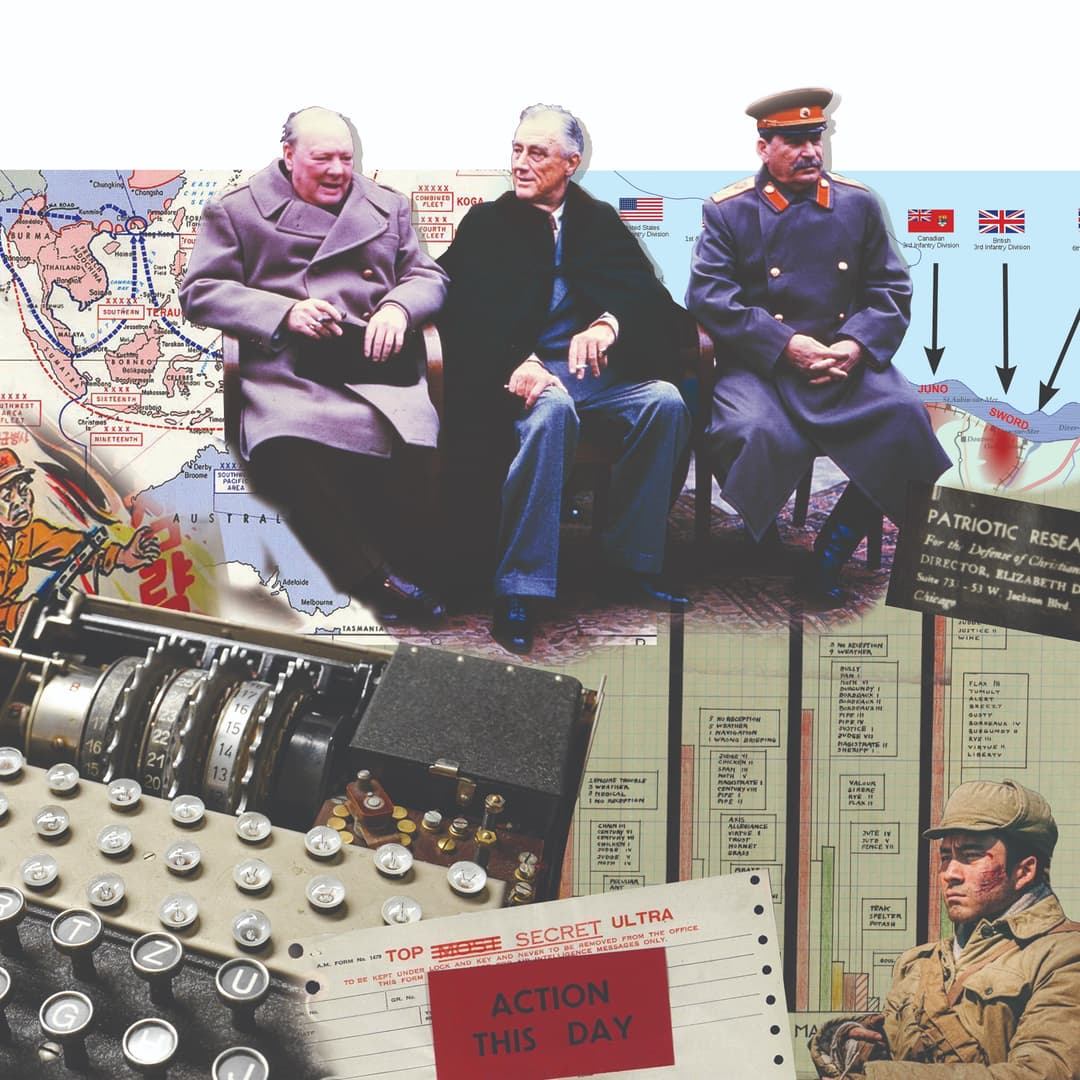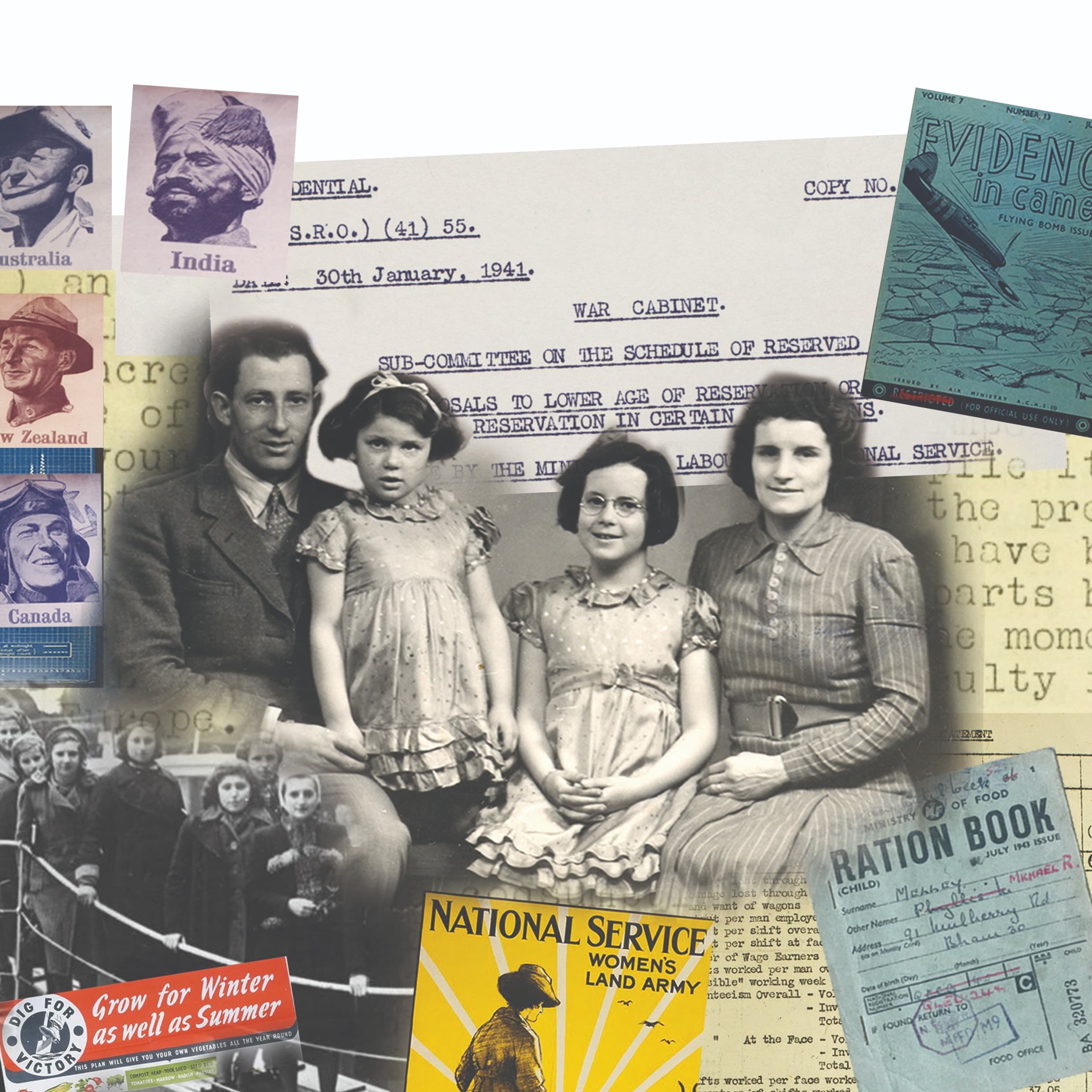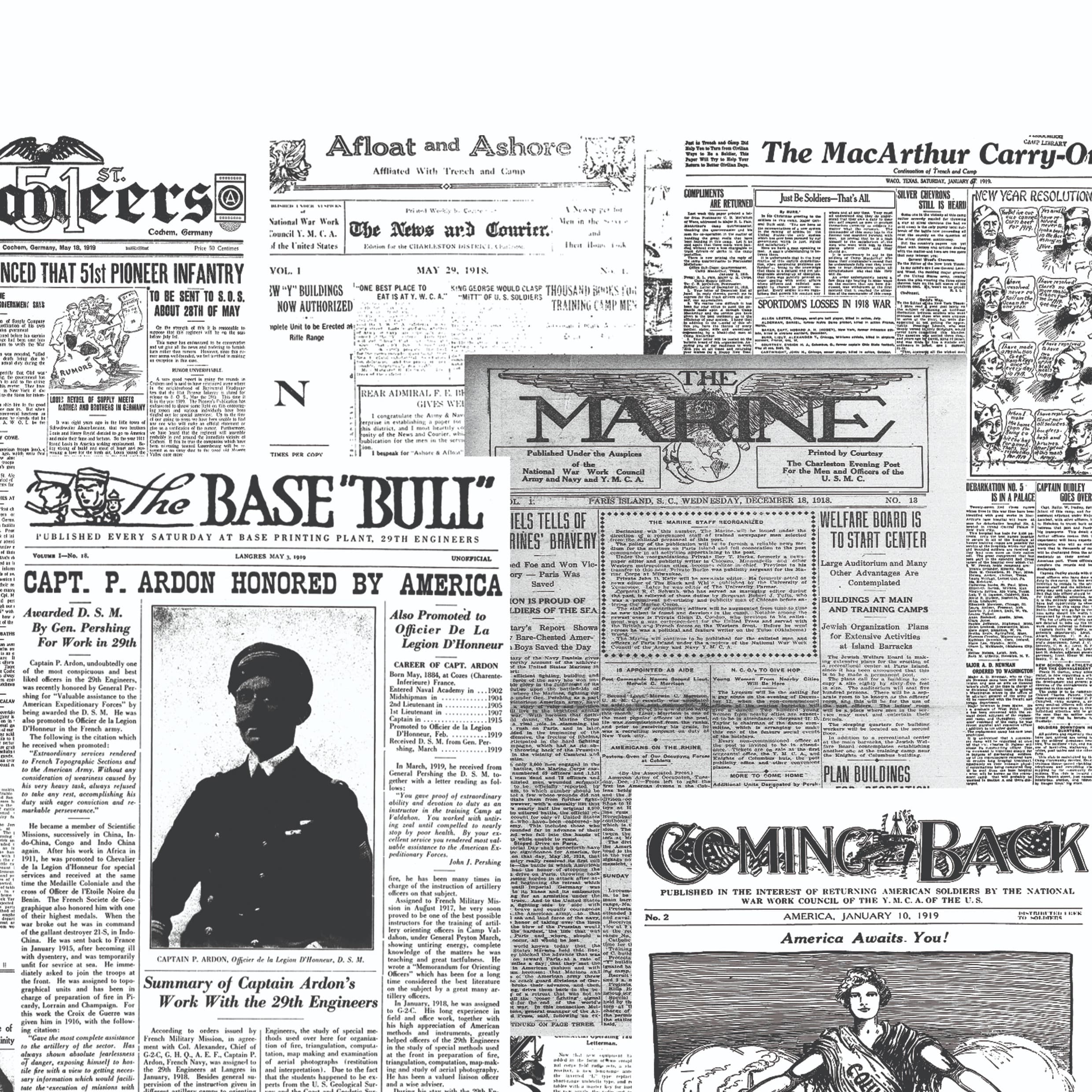These 4,500 formerly secret files from The National Archives (UK), digitized for the first time, reveal how behind-the-scenes intelligence shaped foreign policy, public perception, and national identity.
The confidential correspondence of the Permanent Undersecretary’s Department—the core liaison between Britain’s Foreign Office and its intelligence network—shows the subtle interplay of politics, propaganda, and everyday life.
At a glance
147,000
pages of documents covering Europe, Asia, Africa, the Middle East, and the Americas
1873–1951
late 19th century through WWI, WWII, and the early Cold War
Letter suggesting policy of bribery
More than spies and secrets
From covert operations to coded diplomacy, the documents chart how governments managed public morale, controlled narratives, and responded to rising global ideologies—from fascism and communism to early decolonization movements.
This is not just a story of spies and state secrets; it’s a gripping lens into the political anxieties, cultural shifts, and social engineering that defined a turbulent era. For scholars of history, international relations, media studies, and political culture, Secret Files from World Wars to Cold War offers a rare and essential window into the power behind the scenes.
"Perhaps the greatest and most exciting British archival innovation in decades."
A layered look at world history through top secret materials
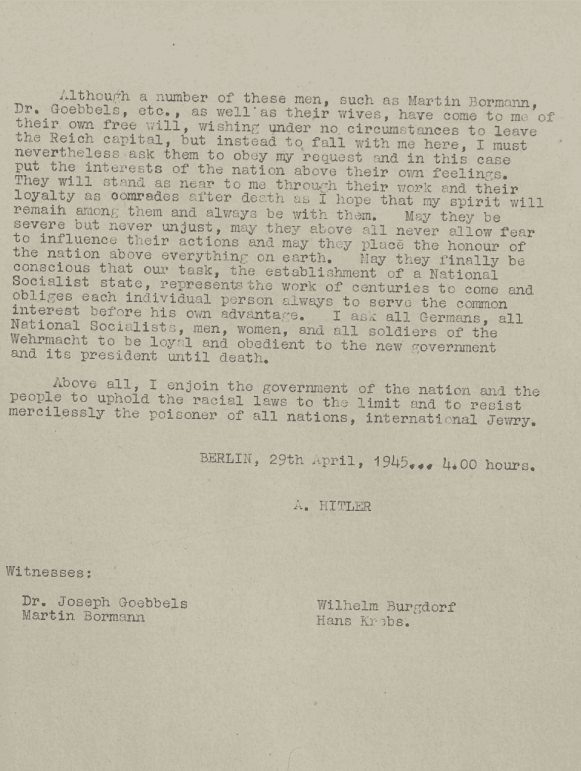
Joint Intelligence Sub-Committee minutes and reports (CAB 56, 158, 159, 176)
Hitler’s will. German secret weapons. The partition of Palestine. Scientific intelligence on atomic weapons and biological warfare. The growing threat of Nazi Germany. Prisoners of war in the UK, and Allied prisoners in Germany. The spread of communism.
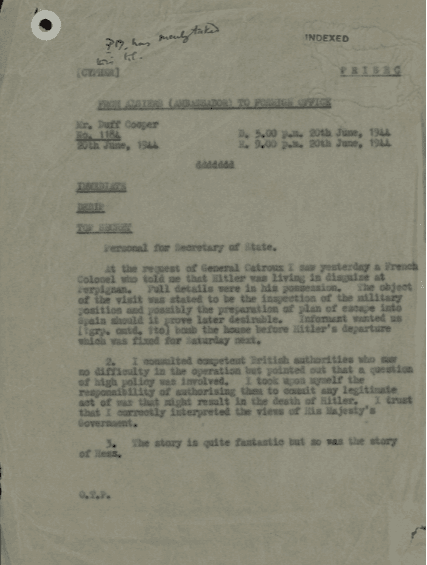
Permanent Undersecretary's Department Papers 1873–1985 (FO 1093)
Covert intelligence, including papers on the imprisonment of Rudolf Hess. Planning for Operation Overlord. Thousands of signals intelligence sent to Churchill during WWII. Correspondence covering the Allied campaign against Germany, Italy, and Japan.
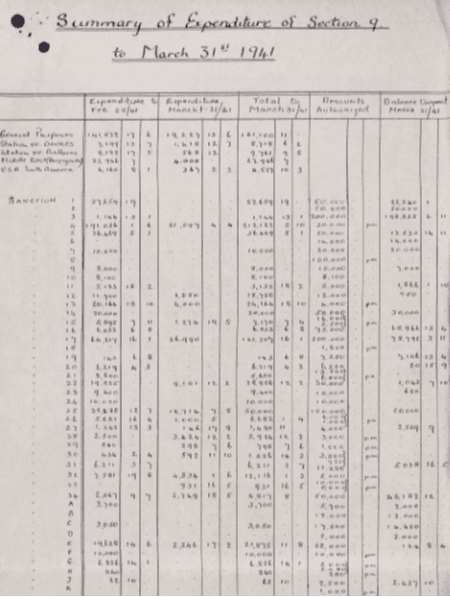
Confidential papers from the Private Office of the Cabinet Secretary, 1936–1952 (CAB 301)
The funding of MI5 and MI6 activities. The organization and funding of the intelligence services. Signals intelligence. Code-breaking. The SOE and the “Set Europe Ablaze” campaign.
"Few resources can be of greater use to the student of 20th century history than easy access to the original documentary evidence of how Britain's foreign policy was shaped by secret intelligence."
1947 scheme for provincial autonomy and ultimate partition in Palestine
For learning
Students will be excited to engage with previously secret primary sources. Additional learning tools include:
Specially commissioned subject essays written by members of the Editorial Board.
A guide to organizations, committees, and subcommittees, including organizations within British intelligence, intelligence services of allied and hostile countries, and international organizations.
A guide to the people—the key military, political, and intelligence figures in Britain and abroad who appear in the files and who played important roles in the events and operations discussed. The list provides a new route into the study of early 20th-century British intelligence, foreign policy, and international relations through some of the most significant personalities in these fields.
For each of the nine-file series included, a description of the content, themes, and topics discussed has been provided by Dr. Stephen Twigge, Head of Modern Collections at The National Archives (UK).
Our editorial board
Want a trial?
Free, 30-day trial offered with training
Flexible pricing options, tailored to your institution's needs
Ask your sales rep about collection packages that offer the best value
